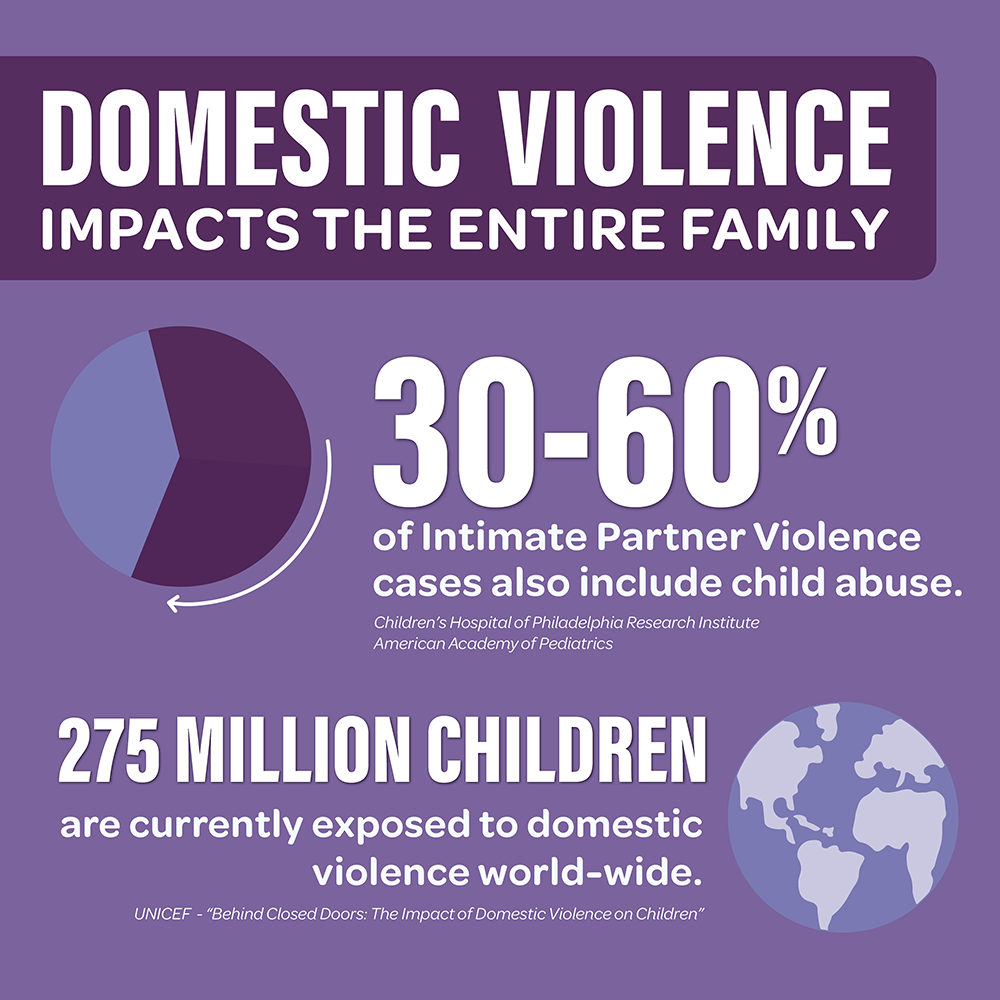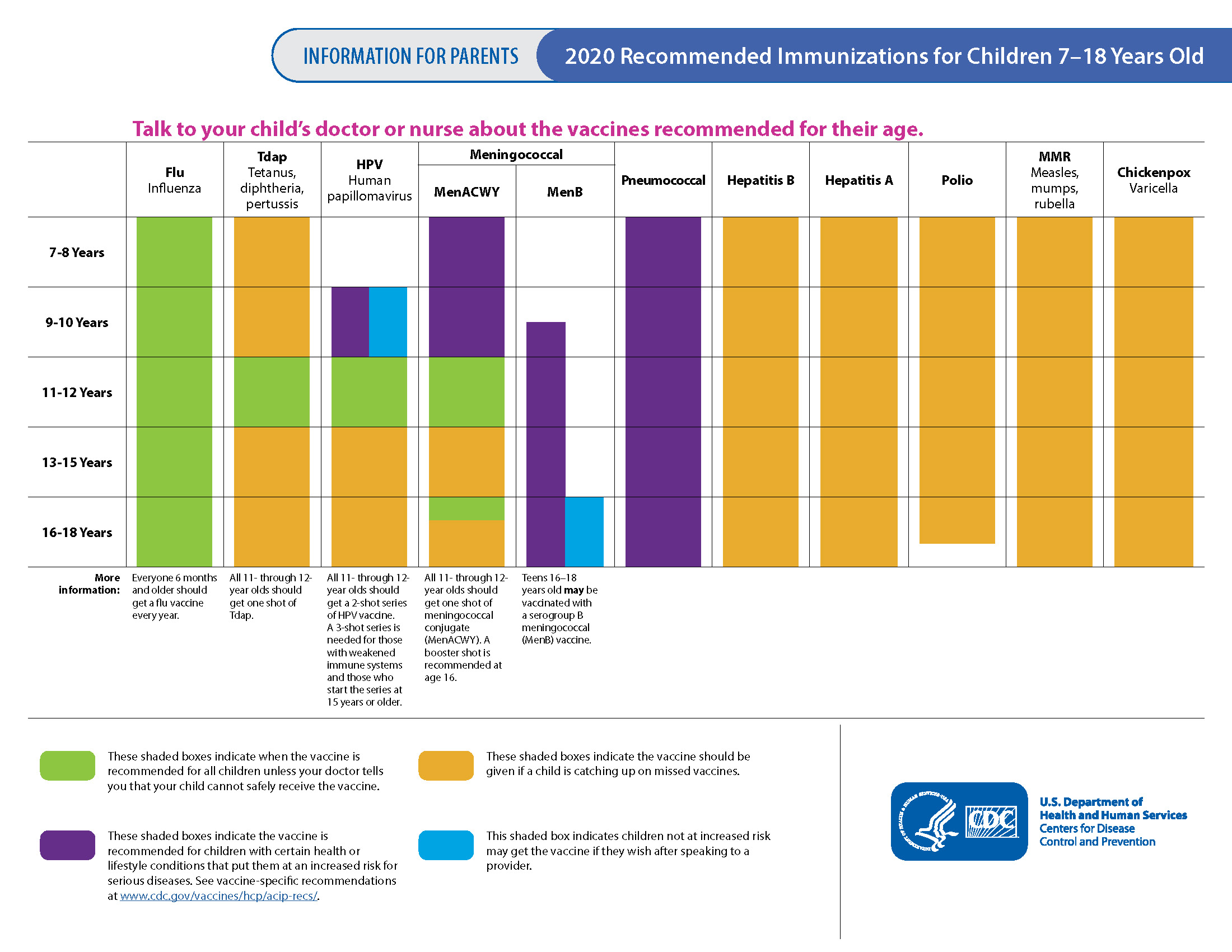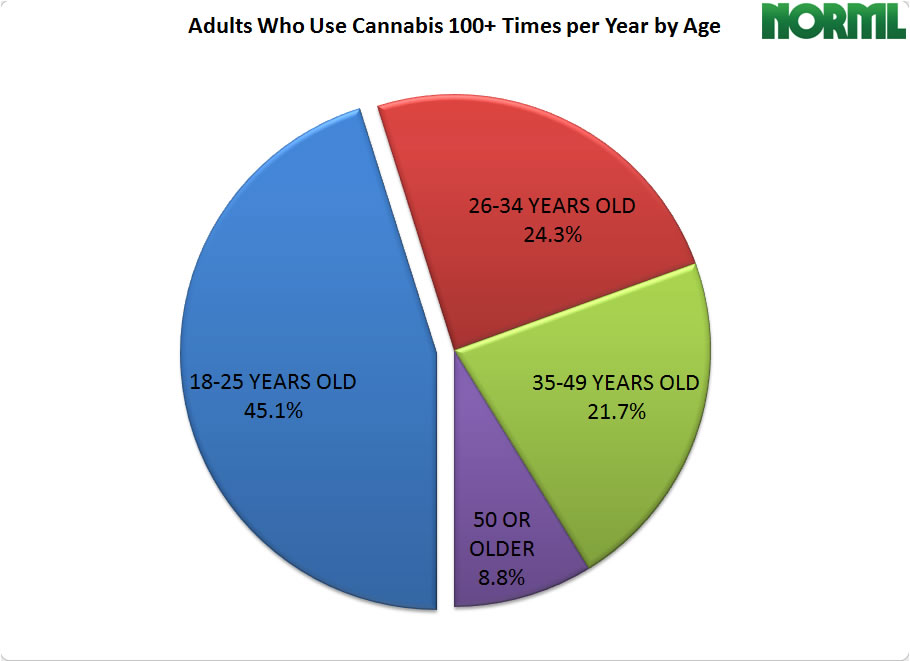Famous people with social phobia
Table of Contents
Table of Contents
Are you constantly afraid of being judged or embarrassed in public? Do you often experience intense anxiety and panic attacks in social situations? If you answered yes, chances are you may be suffering from social phobia.
Social phobia statistics can be alarming. According to recent studies, about 15 million Americans have social anxiety disorder, making it one of the most common mental health disorders in the United States. This debilitating disorder affects people of all ages, genders, and backgrounds, and can significantly lower one’s quality of life.
The main targets of social phobia statistics are to raise awareness about this condition, shed light on its prevalence, and help those who suffer from it. By understanding the severity and impact of social anxiety disorder, individuals can seek proper treatment and support to manage their symptoms and improve their overall well-being.
In summary, social phobia statistics reveal the widespread and detrimental effects of this mental health disorder. It affects a significant portion of the population and can disrupt daily life, relationships, and career opportunities. It is crucial to seek professional help and support to manage symptoms and improve quality of life.
Social Phobia Statistics and Personal Experience
As someone who has struggled with social anxiety disorder, I understand the impact and importance of social phobia statistics. They help raise awareness and reduce the stigma surrounding mental illness. I used to feel ashamed of my condition and often avoided seeking help due to fear of judgment. However, after learning about the prevalence of social phobia and the available treatment options, I gained the courage to seek help and start my journey towards recovery.
Social phobia statistics highlight the need for mental health support and resources. It is important to understand that social anxiety disorder is a real and valid condition that can significantly impact one’s life. Seeking help from a mental health professional and support from loved ones can make a world of difference in managing symptoms and improving overall well-being.
Treatment for Social Phobia Statistics
The mainstay of treatment for social phobia is cognitive-behavioral therapy (CBT) and medication. CBT is a type of talk therapy that helps individuals identify and change negative thought patterns and behaviors. This therapy aims to improve coping skills and self-confidence in social situations. Medication, such as selective serotonin reuptake inhibitors (SSRIs), can also be helpful in managing symptoms and reducing anxiety.
Coping Strategies for Social Phobia Statistics
Individuals can also employ self-help strategies to manage social anxiety disorder. These include practicing relaxation techniques, such as deep breathing and meditation, building a support network, engaging in regular exercise and physical activity, and challenging negative thoughts and beliefs.
How to Support Someone with Social Phobia Statistics
If you know someone who is experiencing social anxiety disorder, there are several ways you can offer support. You can encourage them to seek professional help, be patient and understanding, provide a safe and non-judgmental space, and help them practice socializing and building self-confidence.
Question and Answer
1. What causes social phobia?
Social phobia can be caused by a combination of genetic, environmental, and psychological factors. It may also be triggered by past traumatic experiences or negative social interactions.
2. How can I tell if I have social anxiety disorder?
If you experience intense and excessive fear or anxiety in social situations, you may have social anxiety disorder. Symptoms may include sweating, trembling, blushing, rapid heartbeat, and panic attacks.
3. Can social phobia be cured?
Social phobia cannot be cured, but it can be managed with proper treatment and support. Cognitive-behavioral therapy and medication can help reduce symptoms and improve quality of life.
4. Is social anxiety disorder a serious condition?
Yes, social anxiety disorder can be a serious and debilitating condition that can significantly impact one’s life. It can lead to social isolation, decreased career opportunities, and lowered quality of life. Seeking professional help and support is crucial in managing symptoms and improving overall well-being.
Conclusion of Social Phobia Statistics
Social phobia statistics shed light on the severity and impact of this mental health disorder. It affects a significant portion of the population and can disrupt daily life, relationships, and career opportunities. Seeking proper treatment and support is crucial in managing symptoms and improving overall well-being. Remember, social anxiety disorder is a real and valid condition that can be managed with the right tools and resources.
Gallery
Joyful Public Speaking (from Fear To Joy): Avoiding Giving Speeches Is

Photo Credit by: bing.com / phobia social phobias chart statistics common self fear bar joy viajes speaking public giving graphs most scale joyful students university
Famous People With Social Phobia - HRF
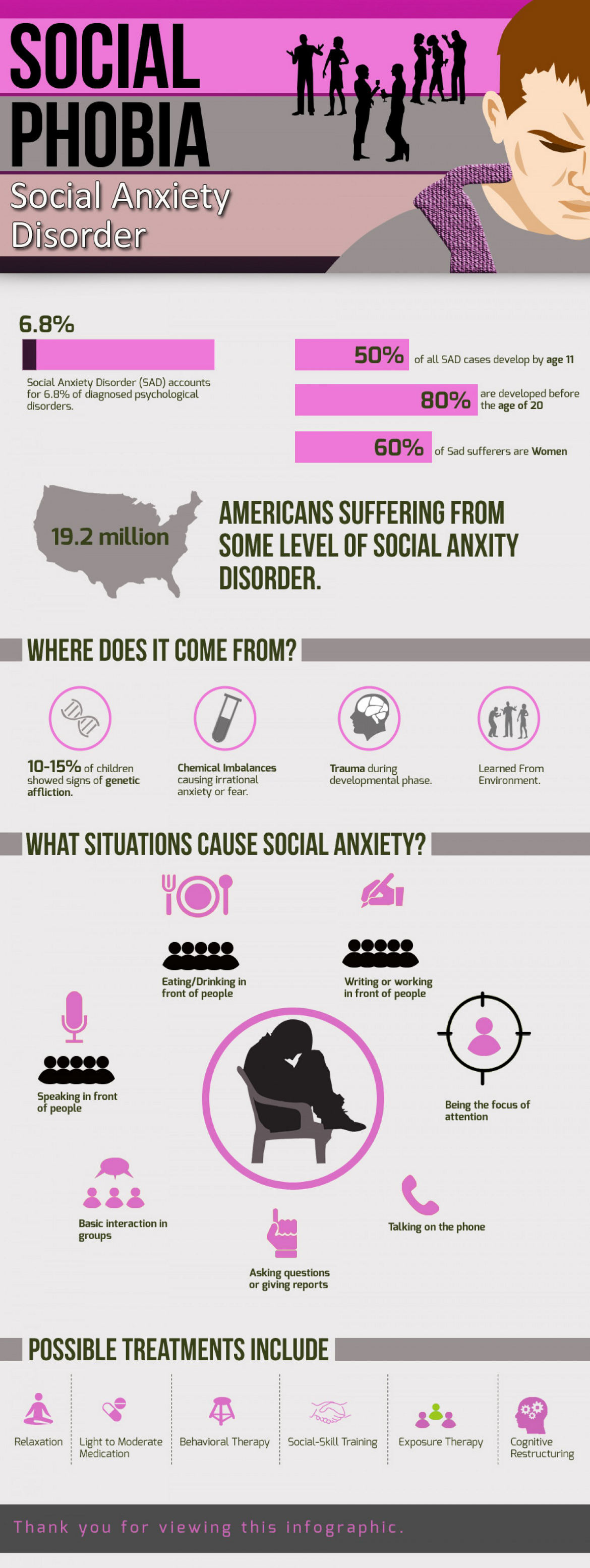
Photo Credit by: bing.com / social anxiety disorder phobia facts people symptoms graphs famous infographics infographic disorders person tumblr shyness life visual psychological health things
Prevalence And Associated Factors Of Social Phobia Among College Of
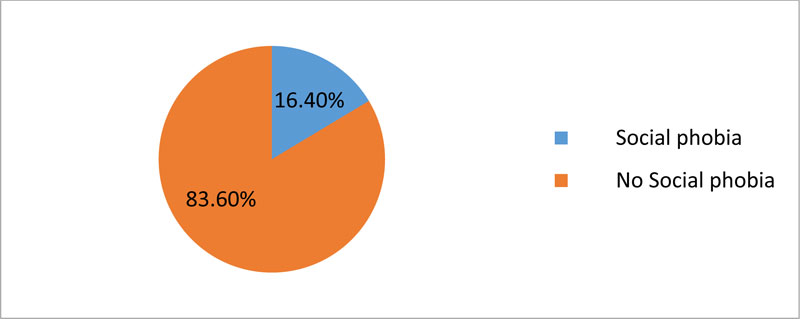
Photo Credit by: bing.com / social phobia prevalence mettu ethiopia among students science health fig
The 10 Most Common Phobias – The Motley Fool
Photo Credit by: bing.com / phobias phobia common most everyone does mental institute health national source among adults
Phobia Statistics And Surprising Facts About Our Biggest Fears | FEAROF

Photo Credit by: bing.com / phobia fears phobias biggest tickled surprising fearof statistical



